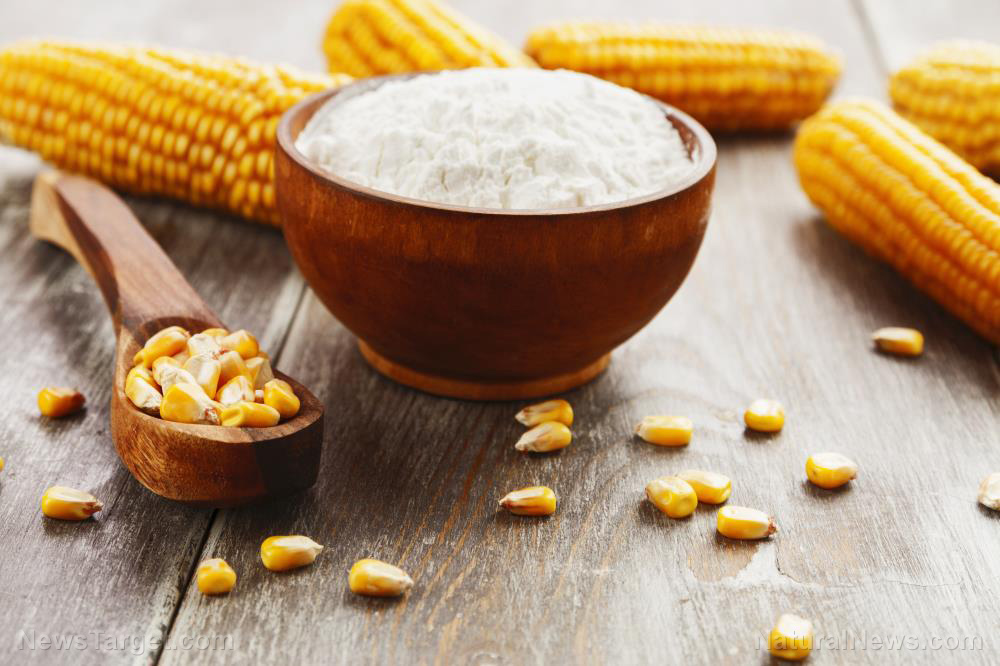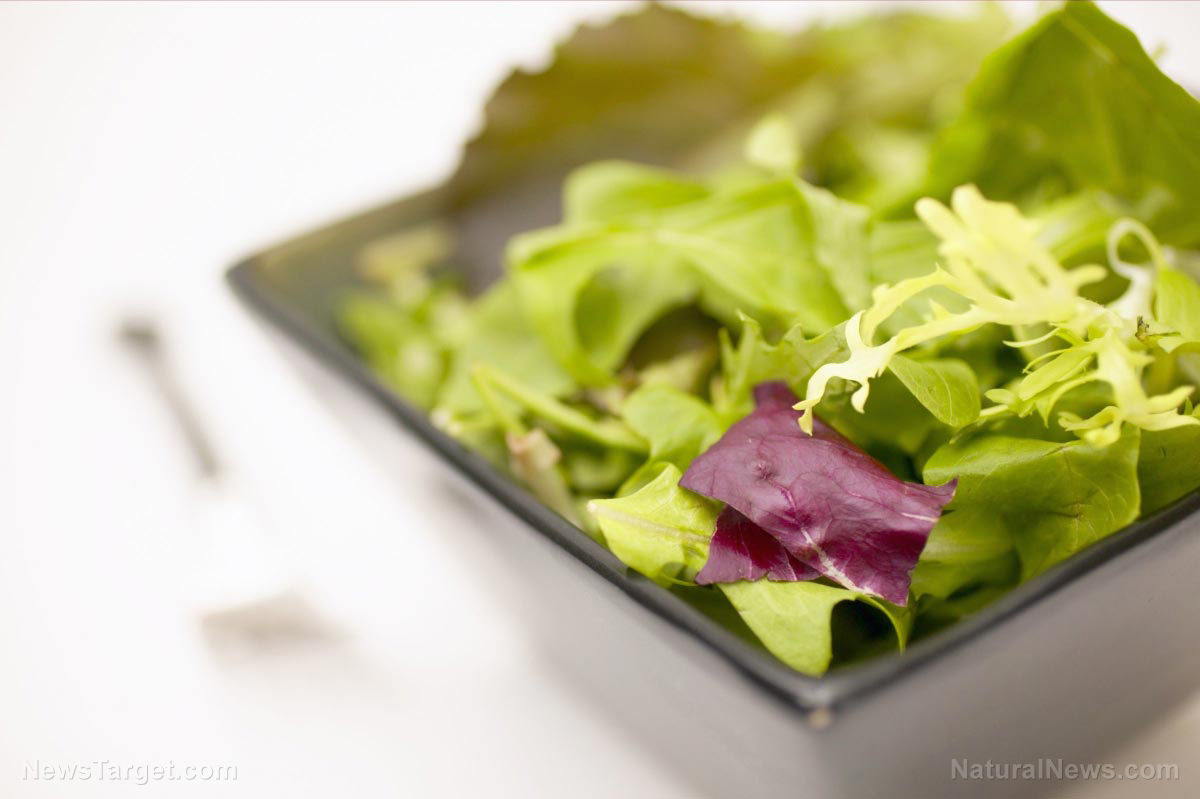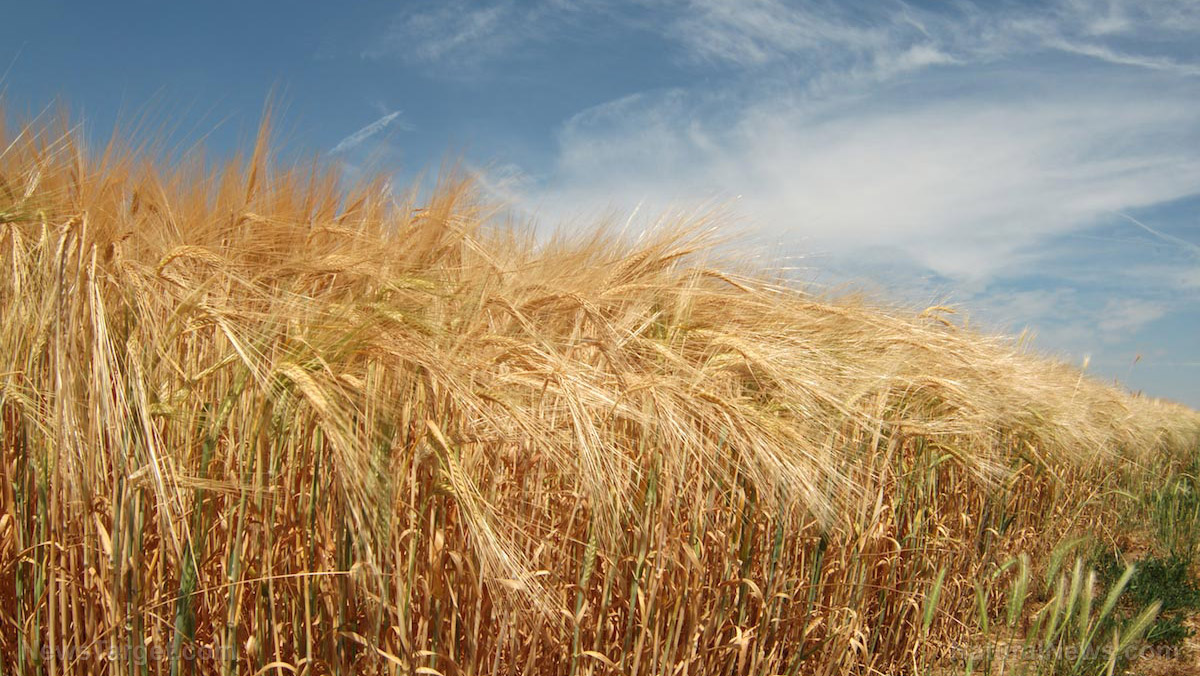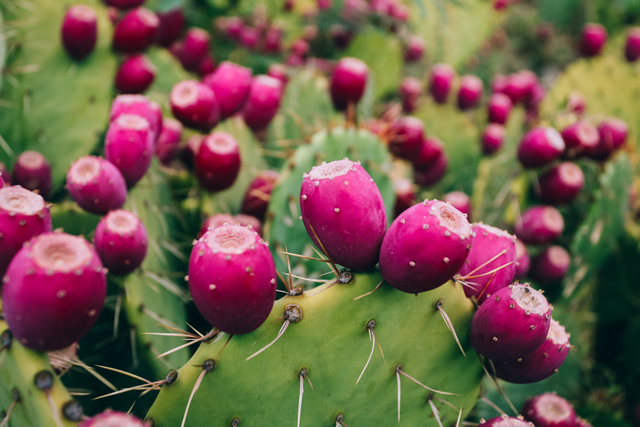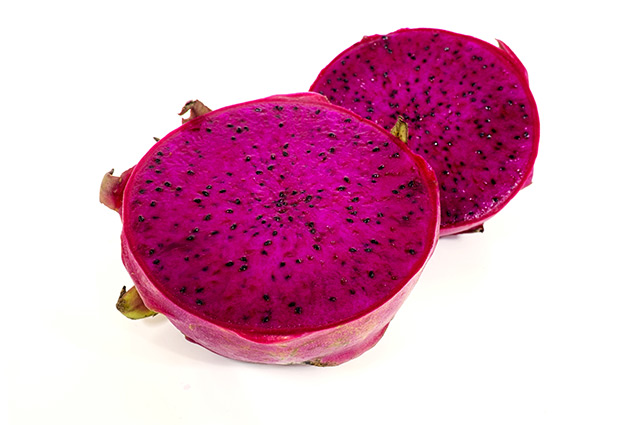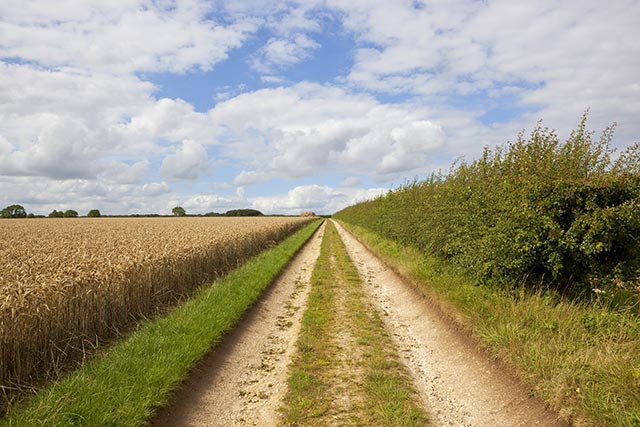7 Reasons nearly everyone has gluten “intolerance” to some degree
09/16/2017 / By S.D. Wells

If you were to flush a handful of paper towels down your toilet every day for a couple of weeks, you can imagine the immense clogging that would occur eventually, and you would probably need to call in a plumber, after you experience a back up of the toxic toilet water in the pipes and possibly an overflow onto your floors. That polluted water would contain everything that you flushed after the initial clogging occurred, and that means excrement that had been rotting for days and possibly weeks on end. Consider this as a metaphor for gluten.
When humans consume “food glue,” our systems get clogged just like plumbing pipes. Any food that stays in our body for more than 24 hours starts to becomes toxic, so even if we eat chemical-free, organic food after consuming globs of gluten, it could all pose a major health problem. Gluten can literally take months to clear from your system. Imagine if your toilet and plumbing pipes were stopped up for months, all while you kept trying to flush more and more waste.
So what exactly is gluten? Gluten is the sticky, glue-like portion (hence the name) of proteins found in all kinds of wheat, rye, barley and triticale (a cross between wheat and rye).
Any food that remains in your body for more than 24 hours becomes toxic to your system
Gluten is used as a binder and a filler, and it is found in thousands of foods, including ones you would never suspect. In case you were unaware, the gluten of today is not the same as the gluten our parents and grandparents ate. That’s because today’s grains are “hybridized” and the proteins are modified to contain weed-killer and bug-killer that causes systemic inflammation in humans. Most conventional gluten is also processed with synthetic conditioners, preservatives and modified flavor enhancers.
Today’s wheat has also been deamidated, which means it’s water soluble (convenient for food processing) and causes irregular immune response for many consumers. But those problems are just the tip of the iceberg. Once the gluten reaches your intestinal wall, your gut starts breaking it down, trying to find the harmful substances and producing antibodies to attack them. In this process, your body loses the ability to absorb nutrients and your intestinal walls can become leaky, where dangerous toxins, microbes and undigested food particles literally escape your intestines and enter you bloodstream, traveling throughout your body.
This also leads to constipation and malnutrition (hallmarks of celiac disease and autoimmune disease). Your antibodies can become confused at this point and attack your own organs, including your skin, thyroid and even your brain. Some people even experience rheumatoid arthritis from gluten intolerance.
Gluten can cause damage to your gut lining, leading to all kinds of infections, including candida, bacterial overgrowth, parasites, and bacterial imbalances. If you eliminate gluten from your food regimen entirely, you are not missing out on any vital nutrients. When gluten sticks to the walls of your intestines, it rots. When it gets caught in divots, it can become cancerous, forming polyps. One way to remove these polyps is to use food-grade diatomaceous earth as a supplement. Ask your naturopathic physician or a nutritionist for advice here.
In regards to conventional gluten (not so much organic), there are several ingredients added for several reasons, none of which are healthy. So no matter who you are and no matter how minor or severe your reactions to eating gluten become, everyone is “allergic” to known neurotoxins and carcinogens to some degree.
Most popular toxins, carcinogens and genetically mutated additives in gluten-free food products create digestive issues for everyone
Here are just some of the popular toxins and reasons your body is not functioning on “all cylinders” when you consume conventional bread, bagels, biscuits, croissants, pasta, cereals, crackers, muffins, pretzels (soft and hard), pizza, sub rolls, hot dog and hamburger buns, tortilla wraps, donuts, cake, cupcakes, brownies and cookies:
#1. Conditioners and softening agents (azodicarbomanide)
#2. Bleach
#3. Intestinal clogging and constipation due to sticky wheat head – any food that doesn’t exit the body within 24 hours becomes toxic
#4. Glyphosate – used as weed killer and as drying agent on wheat before silo processing
#5. Toxic fillers like GMO starches
#6. Immense processing
#7. Carcinogenic additives and preservatives
Health Warning: “Gluten free” does not always mean chemical free or healthy
Avoiding gluten is a wise choice, but since it’s become such a smart and popular notion, many companies have hopped on the bandwagon for profits, but are tricking consumers into eating other food toxins instead. If you’re looking for the “gluten free” label, also be on the lookout for other food “criminals” like monosodium glutamate (MSG), autolyzed yeast extract, soy isolates, high sugar content, high fructose corn syrup (HFCS), artificial sweeteners (namely aspartame, sucralose and sorbitol), soy and canola. Gluten-free bread is often bad news for health enthusiasts because it’s loaded with highly processed and genetically modified ingredients.
Want to clean out your pipes (intestines) and stop paying an enormous price (constipation and malnutrition) for flushing paper towels down the toilet (gluten consumption)? Switch over immediately to a plant-based diet that’s gluten-free and stick to your guns for at least three weeks. You will notice a major change in digestion, energy, vitality, immunity and overall positive feelings.
Check out foodscience.news for more great information on how the science behind food manufacturing can be either beneficial or detrimental to human health.
Sources for this article include:
Tagged Under: carcinogens, digestion, gluten, gluten allergies, gluten allergy, gluten free, gluten free tricks, gluten intolerance, gluten toxic, GMO, MSG, toxic gluten, toxins in gluten


